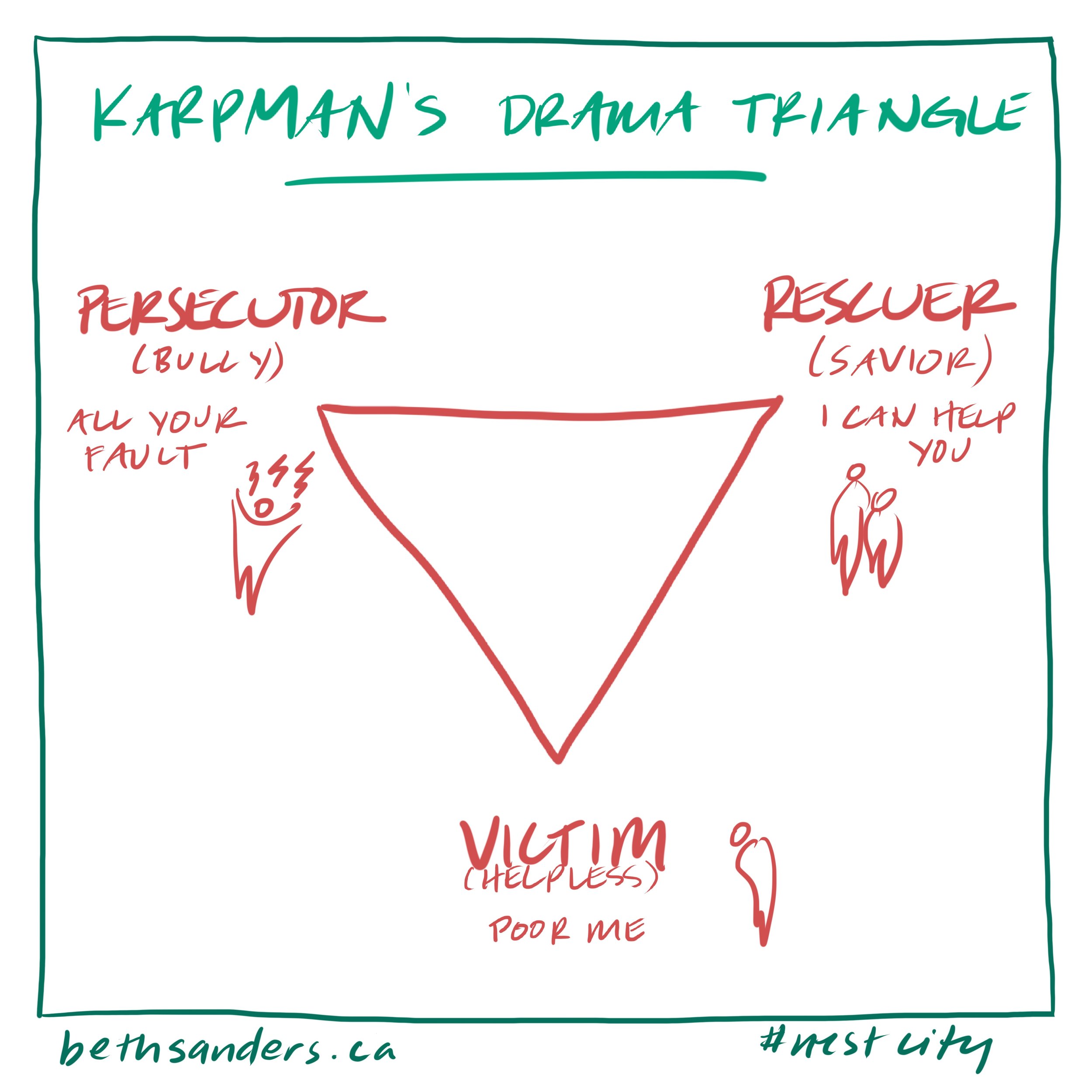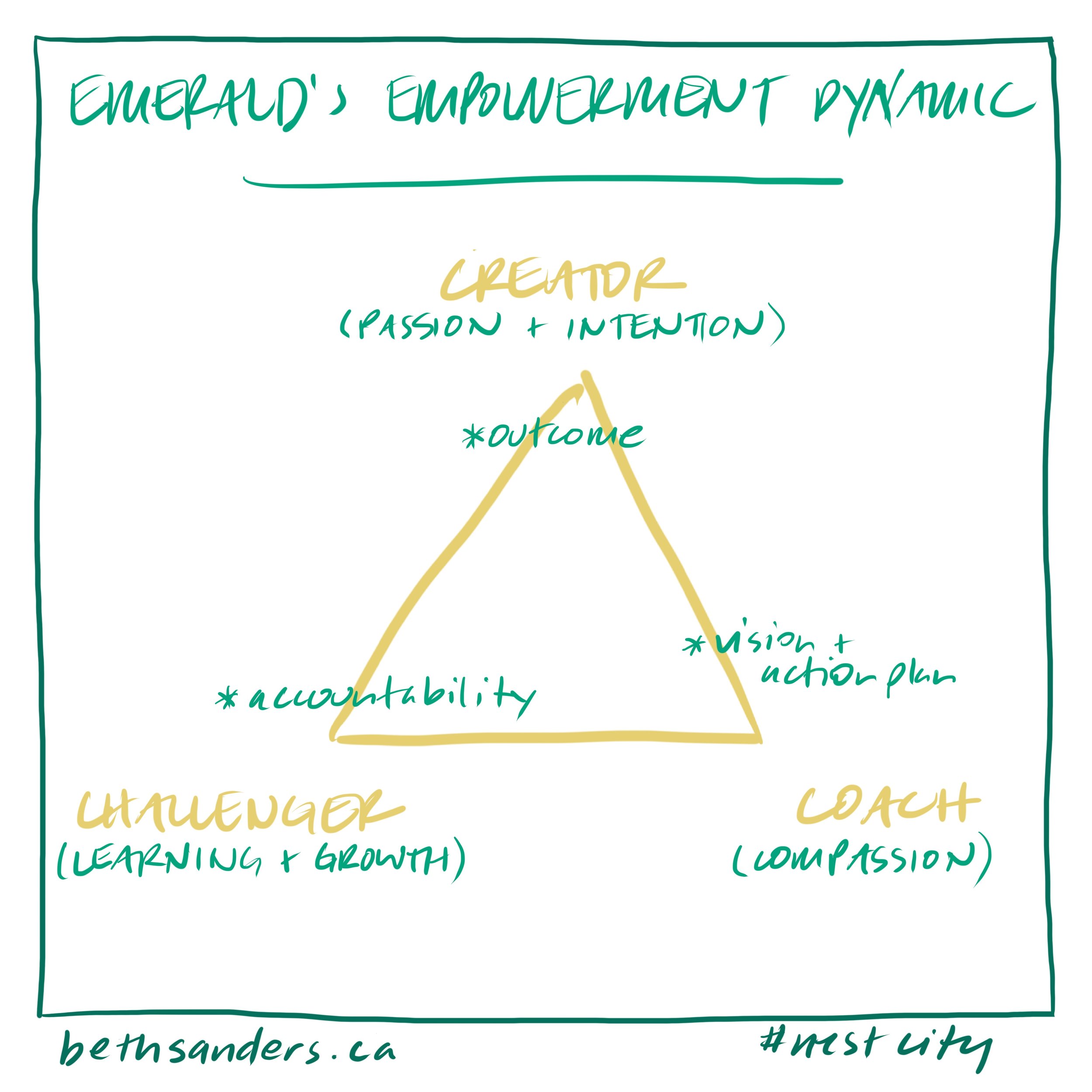Explicit Agreements
These words shocked me last month: “A caring relationship doesn’t require agreements in place about how they converse.”
Here was the situation: a group of people with strained relationships and two people didn't want to have a conversation about how they would talk to each other. The two removed themselves from an opportunity to reconnect when another requested to first talk about how the group would talk to each other instead of going straight to the “stuff.”
I’ve been wondering what is threatening about having agreements around how a group of people will speak and listen to each other, how they’ll handle hot emotions, or how to identify any no-go topics or the topics that need attention to find repair in the relationships? Here’s a shorter version of that question: What is scary about having a clear—and shared—understanding about how we’ll talk and relate to each other? I believe that such a shared understanding is the embodiment of care.
Quality of relationship
There are always agreements in place, even if we don’t know what they are. Hidden agreements are those expectations that we bump into when others react negatively to our words or actions or when we react negatively to others’ words or actions. Hidden agreements also surface within us as the inner voice that provides instructions about what to do or not do. Hidden agreements are usually not open to question because there is an agreement not to talk about them. Unacknowledged, they are unchallenged, and they run the show.
When a relationship is strained and isn’t working, I offer (at times require) agreements as a way to be clear about how we’ll talk with each other. Agreements are a way for everyone to be responsible for the quality of our experience and to hold ourselves and others accountable.
Relationships are a deeper form of connection beyond mere contact or a conversation. They are the territory where we experience joy and delight as well as hardship and difficulties. Relationships are hard work because they require us to work through our expectations of each other. If the agreements between us don’t work, are not used, or are not healthy, then we lose connection. And connection is a necessary ingredient in relationships. The quality of our relationships impacts the quality of our agreements. And the quality of our agreements affects the quality of our relationships. Both are our creations, to create and recreate as needed.
Agreements are an expression of care because they create the conditions for a group to talk about unmet needs openly. They help us craft love and caring regard in our difference. In the group above, everyone had unmet needs. Everyone had a desire for connection. Not everyone was ready to commit to being responsible for the quality of their relationships and find the explicit agreements that would work for them.
What are agreements?
Here is what I use as a starting point for agreements with the groups I work with:
We hold all stories or personal information in confidence
We listen to each other with compassion and curiosity
We ask for what we need and offer what we can
We agree to pause when we feel the need to pause
We embrace confusion as a creative space for emergence
We stretch together into our highest mutual possibilities
We expect something novel, vital and important to happen at any time
Agreements change as needed for a group. In the example above, a group member was looking for more specific agreements about how the group would speak and listen to each other and handle hot emotions. Without more detailed agreements, that person did not feel it was possible to proceed with a conversation about their relationships.
For Christina Baldwin and Ann Linnea, authors of The Circle Way,
Agreements are created in response to the question, “What do we need in order to be fully present to each other, to offer and receive contributions, and to fulfill our intention?”
The agreements I offer here are a starting point. Each group adjusts them to suit their needs. And when relations get tough, agreements are an excellent—but not easy—way to help with a constructive container for the needed conversation.
(NOTE: These base agreements are a compilation of several sources. I invite you to explore The Circle Way at http://www.thecircleway.net, Heather Plett and the Centre for Holding Space at https://centreforholdingspace.com, the Art of Hosting at https://artofhosting.org, Terry Patten and A New Republic of the Heart at https://newrepublicoftheheart.org, and Monica Sharma’s Radical Transformative Leadership at https://www.radicallytransform.org. You can find a PDF with these agreements in the Social Habitat Guidelines found on the Resources page on this website.)
Why are agreements scary?
Having explicit agreements, rather than unacknowledged agreements, is a commitment of care to the relationships within the group. This commitment is a choice each person makes to be 100% responsible for the quality of relationship and 100% accountable. In contrast, hidden agreements allow us to make others responsible and take the heat off ourselves.
Agreements are scary because they make the quality of our relationships visible. They invite us into the emotional heat of tough conversations about our unmet needs, and we like to avoid emotional heat. When relationships are strained, there are unacknowledged unmet needs, likely for everyone. Improvement is needed, but it’s never only the responsibility of others; I’m always involved.
I’ve done a little digging within myself about what I find threatening about explicit agreements. Here’s what I’ve found.
Hidden agreements allow us to stay the energy of fight drama in Stephen B. Karpman’s Drama Triangle. Explicit agreements enable us to shift into David Emerald’s Empowerment Dynamic. Explicit agreements help us reach for our highest mutual possibilities by inviting us into accountability and responsibility for our emotions and behaviour and allowing us to make explicit what we need from each other and what we can offer to each other. What we need and what others offer often doesn’t line up, but it is helpful to talk about how we feel when our needs are not met.
Explicit agreements are scary because they ask me to be accountable and responsible for my emotions and behaviour. I may be more comfortable with hidden agreements, such as “we will not talk about emotions,” “no-one questions the authority of _________,” or “you will not rock the boat.”
Even if I don’t like the hidden agreements, if I am caught in the Victim Triangle, my identity may be tied up in being the victim, feeling the power of the persecutor role when opportunities arise, of rescuing others. I may resist the empowerment (for me and others) that comes with explicit agreements because I want to make others responsible and blame others for my discomfort. I may need to be the victim and create the conditions for a race to be the best victim, the most victimized. When I put the responsibility on someone else, I get to avoid my responsibility for the quality of our relationship.
Explicit agreements are an expression of care
Agreements describe how we express care for each other. When we talk about them and make them explicit, we tend to our needs relevant to our circumstances and context, in each group we participate in, large or small. Agreements reveal how we will care for each other, and the quality of our relationships; to not have them is a means to maintain power imbalances that serve some group members, but not all. Further, conflict is maintained if agreements are not investigated and made explicit.
The two people in the group I described above wanted connection but could not take responsibility for their contributions to the quality of the group’s relationship. That’s not good or bad; it’s good discernment on their part to understand that the conversation the other needed was not something they could do at that time. This, too, is a form of responsibility. If and when they are able, they’ll be back. But the group’s relationships will be healthier for all parties.
Even the search for explicit agreements is a commitment to care, even when it is rough.
Reflection
In this moment, what hidden agreements are you aware of in your world?
What explicit agreements are you aware of in your life, the ones that are not hidden?








